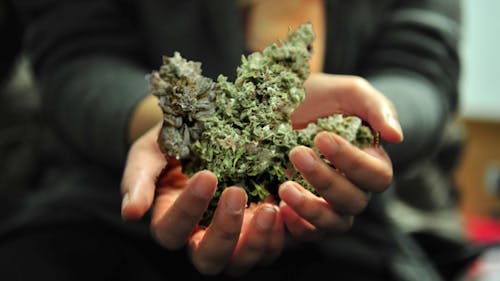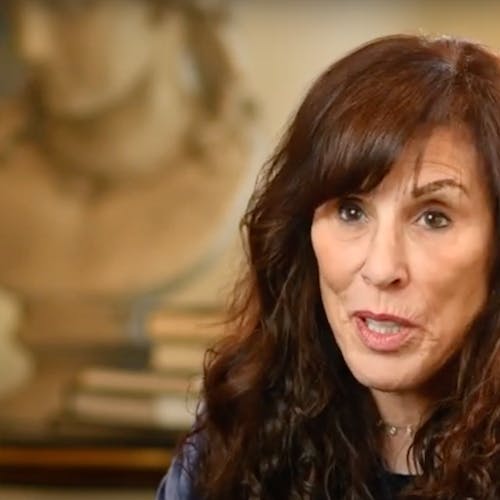Majority of young conservatives lean toward marijuana legalization

In light of the recent legalization of marijuana in Washington, D.C., members of the University are responding to a new study that shows young conservatives are favoring the drug’s legalization.
A recent poll conducted by the Pew Research Center shows 63 percent of republican millennials, or individuals born between 1981 and 1996, support the legalization of marijuana.
This figure might be considered high when compared to only 47 percent of Generation X Republicans born between 1965 and1980, as well as 38 percent of Baby Boomer republicans born between 1946 and 1964.
According to the poll, 77 percent of millennial democrats favored the drug’s legalization, creating a 14 percent gap between millennials in those specific political parties.
Political parties are much less important to millennials than they used to be, said David Redlawsk, director of the Eagleton Center for Public Interest Polling.
This younger generation is made up of libertarians that are both republicans and democrats, Redlawsk said.
“The entire idea behind conservatism is to keep the government out of our daily lives,” he said. “If the idea is (for the government) to leave the people alone, they should legalize it.”
The legalization of marijuana is simpler than people make it our to be, said Sergio Rojas, chairman of the Rutgers College Republicans.
“I don’t even think it’s a Libertarian thing,” Rojas said. “For people our age, whether you use marijuana or not, it’s common sense (to legalize it).”
Echoing Redlawsk, Rojas said the legalization is not a political issue for most, but a social one.
If marijuana was legalized federally, it could be treated like alcohol and would make great tax revenue, he said.
Colorado opened its doors to recreational marijuana use more than one year ago, and a new report by the state shows how large the industry has grown in the last year.
Taxes generated from recreational use could do a great deal of good if they are used properly, Rojas said.
In Colorado, in addition to a 10 percent sales tax, there is also a 15 percent excise tax on all recreational sales. This generated 2.3 million dollars for public schools in the month of January alone, according to a recent report from the State of Colorado.
The future of this issue really lays on millennials, said Kevin McConnell, a School of Environmental and Biological Studies junior.
“I’m a strong conservative from a small town in South Jersey and I still can’t believe this stuff is still illegal,” he said.
McConnell said he realizes there is an age gap when discussing issues like this with older conservatives, but they can agree with individual freedom.
The whole idea of conservatism is less government infringement, he said.
Another reason for the generational divide about legalizing marijuana comes from new studies showing how harmless it is compared to other substances.
According to The Huffington Post, a study from Scientific Reports shows that marijuana is the least harmful drug on a list of substances that included alcohol, heroin, cocaine, MDMA (ecstasy) and nicotine.
“We’re the freest country on Earth with the highest incarceration rate,” McConnell said.
He hopes this generation of future politicians will use common sense in distinguishing what is a harmful drug and what should be left for citizens to decide.
Alcohol topped the list of most harmful substances, beating out heroin this year, according to The Centers for Disease Control and Prevention (CDC). The CDC reported that there are about 88,000 deaths each year due to alcohol in the United States.
According to a 1988 DEA report, it was determined a marijuana user would have to consume 20,000 to 40,000 times the amount of THC in a joint to be at risk of a fatal dose.
Although marijuana could still be harmful, an individual is half as likely to develop a dependency on marijuana with a 4 to 9 percent figure when compared to alcohol at 15 percent.
It is incredible that alcohol is clearly the bigger problem, and yet marijuana use is still illegal and not being used in marketing and revenue the way alcohol is, Rojas said.
McConnell said he is convinced change regarding marijuana legalization will come in the future.
Contemporary millennials will look back and tell their children of the days when marijuana was illegal, just as older Americans tell might stories about prohibition, McConnell said.
“(Keeping marijuana illegal) is a waste of time, money and resources,” he said.



